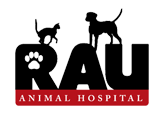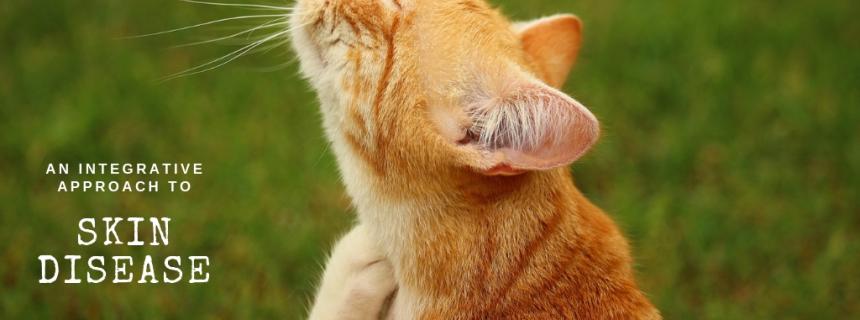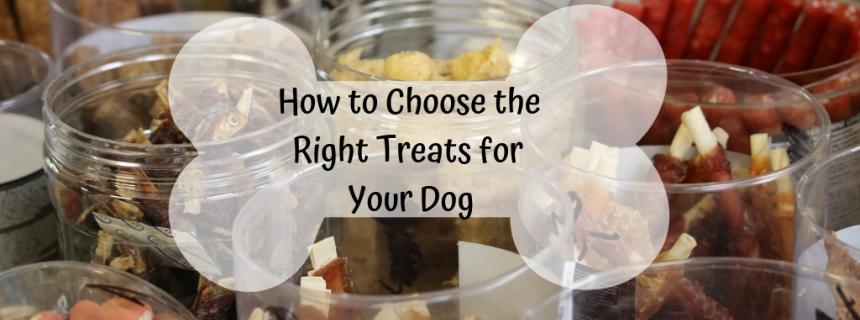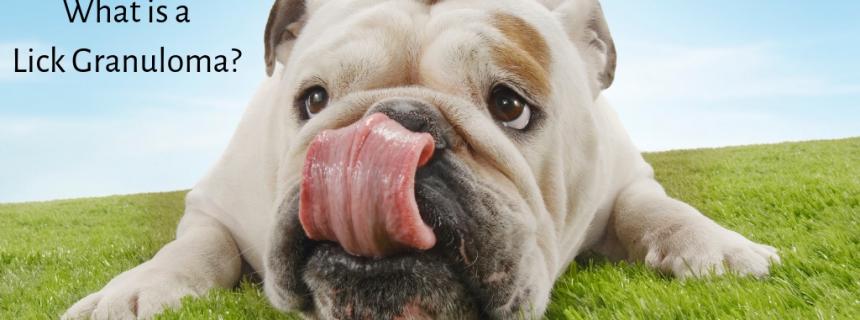What Causes Kidney Disease in Dogs?
A kidney breakdown is a frightening thing. As you may remember from biology class, kidneys filter out substances the body can’t use and release it as urine. They also help control blood pressure and maintain healthy levels of hydration, salts, and acids in the body.
Basically, having at least one healthy kidney is essential to having a healthy and well-functioning body.
Read More
An Integrative Approach to Skin Disease
With the weather warming and allergy season getting underway, there is no better time to talk about skin disease. Allergies in pets can be just as frustrating and difficult to deal with as allergies in people: what works for one individual may not work for another. All systems of medicine struggle with the treatment of allergies.
Read More
How to Choose the Right Treats for Your Dog
There are many types of “treats,” like praise and playing together. But, let’s face it, when most pet owners think about treats, they’re thinking about the food kind. It’s fun to see that look of delight on your pup’s face when you offer something tasty!
Read More
What is Giardia?
It’s possible you’re not familiar with this nasty parasite or think it’s limited to foreign countries. However, giardia is a common intestinal parasite throughout the U.S. as well as abroad. Mud puddles, unclean rivers, even contaminated grass can all spread this infection.
Read More
Protecting Your Pets from Common Poisons
Most people think of bleach or rat poison when they think of household toxins. If that’s you, you’re right. Yet, there are many other less obvious items that could pose a hazard.
Take sugar-free gum for instance. Did you know that it contains xylitol, which can cause liver failure in your dog? The popular sugar substitute is also in certain brands of toothpaste and sweetener packets for coffee and tea. Yet, it can be deadly to your dog.
Read More
What’s that Spot? Or, a Look at Lick Granulomas
That sound can even wake you in the middle of the night -- there is just something about a dog licking his paw or leg that immediately grabs your attention. You know something is wrong, but what is it? You don’t necessarily see any obvious signs of a problem...until you find a raw, pink area of skin. It can seem like this “boo-boo” crops up all of the sudden, and while the actual sore or wound could be caused by any number of issues, one common issue is a lick granuloma.
Read More
Can Wildlife Make Your Pet Sick?
If your pet spends time in the great outdoors, you may not give much thought to who he shares that space with—but you should. From deer and coyotes to foxes, skunks, bats, and raccoons, wild animals can pose a serious threat as they carry a variety of diseases that can be transmitted to pets and people.
Read More
Recognizing Signs of Pain in Your Pet
Pain is a clinically significant symptom that can adversely affect an animal’s quality of life—and the first step in treating it is recognizing and acknowledging it.
Our pets share the same anatomical and biochemical pain pathways that we do; therefore, we can expect their level of discomfort with certain conditions to be similar to ours. Unfortunately, they cannot tell us with words how they feel or where they hurt, but they can give us clues about their level of discomfort.
Read More








